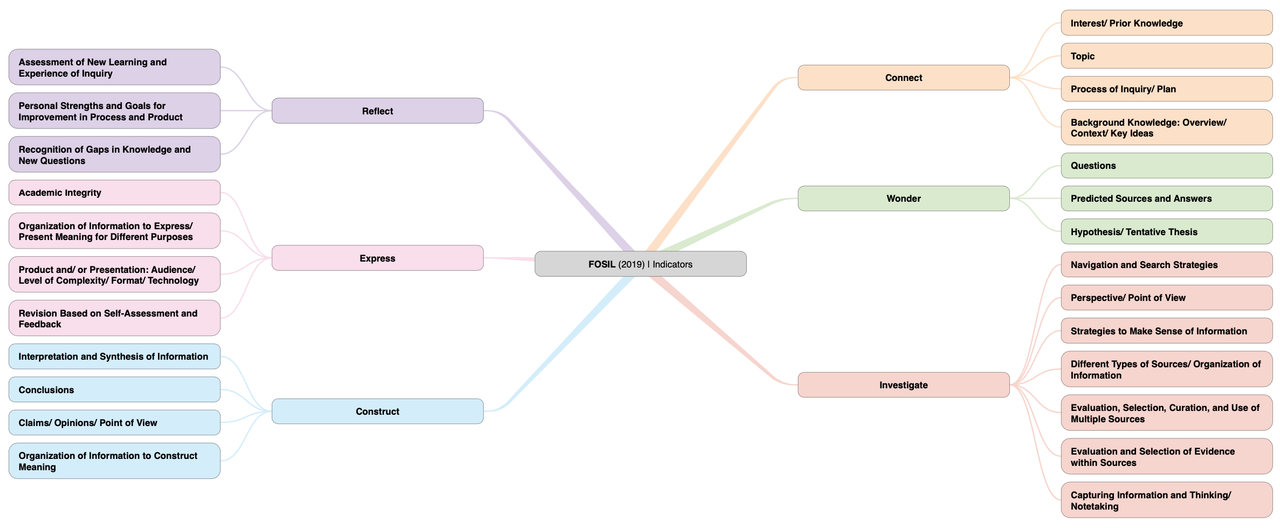So, schooling may become the central institution through which the young may find reasons for continuing to educate themselves if it can be imbued with a transcendent and honourable purpose. Inquiry – understood as a dynamic process and stance of being open to wonder and puzzlement leading to knowledge and understanding of the world – broadly provides such a purpose, for, as Balzac declared, “the world belongs to me because I understand it”. However, this depends on students developing the skills that enable inquiry, and this over their time at school and within the context of subject/ content area learning.
A tall order indeed.
This brings to mind Thomas Kuhn’s The structure of scientific revolutions (1996), in which he describes how paradigms – “constellations of beliefs, values, techniques, and so on shared by the members of a given community” (p. 175) – shift, or collapse, when they become overwhelmed by anomalies that they cannot accommodate/ account for. I guess for those who can read the signs, the paradigm shifts (reform), which is never comfortable, while for those who can’t read the signs, the paradigm eventually collapses (revolution), which is always traumatic.
One of these anomalies is the widespread belief that it is either content or skills. You, following Dewey – experiences [that lead to “genuine education”] must include both “acquisition of the organized bodies of information” and “prepared forms of skill which comprehend the material of instruction” – are adamant that skills must be integrated into the teaching of content to enable learners to comprehend information and build knowledge. In fact, one of the considerations that drew me to your model of the inquiry process was the underlying framework/ continuum of skills that enables the inquiry process within subject/ content area learning. This, in my opinion, is a phenomenal undertaking and achievement, and one of the outstanding features of the Empire State Information Fluency Continuum. With reference to the indicators (skill sets) below, might you shed some light on how this continuum was initially developed and has since evolved?

—
Kuhn, T. (1996). The structure of scientific revolutions. Chicago: Chicago University Press.